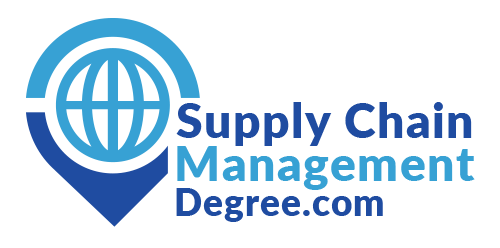
Addressing Supply Chain Talent Shortages: Strategies for Education
In recent years, the field of supply chain management has faced a growing talent shortage, with businesses struggling to find qualified professionals to fill critical roles in logistics, procurement, operations, and supply chain analytics. As the global economy becomes increasingly interconnected and complex, the demand for skilled supply chain professionals continues to rise, creating a pressing need for innovative strategies to address talent shortages in the industry.
One of the key strategies for addressing supply chain talent shortages is investing in education and workforce development initiatives. Educational institutions, industry associations, and businesses are partnering to develop programs that equip individuals with the knowledge, skills, and competencies needed to succeed in supply chain management roles.
One approach is to expand and enhance supply chain management education at the university level. Many universities are introducing specialized degree programs, such as bachelor’s and master’s degrees in supply chain management, to meet the growing demand for skilled professionals in the field. These programs often incorporate hands-on learning experiences, internships, and industry partnerships to provide students with practical skills and real-world experience.
Additionally, educational institutions are increasingly offering online supply chain management programs to provide greater accessibility and flexibility for students. Online programs allow individuals to pursue their education while balancing work and other commitments, making it easier for working professionals and career changers to acquire the skills needed for supply chain careers.
In addition to traditional degree programs, industry-specific certifications and credentials are becoming increasingly valuable in the field of supply chain management. Professional organizations such as the Association for Supply Chain Management (ASCM) and the Institute for Supply Management (ISM) offer certification programs that validate individuals’ expertise and demonstrate their commitment to professional development.
Furthermore, businesses are investing in workforce development initiatives to upskill and reskill their existing employees in supply chain management. Many companies offer training programs, workshops, and tuition reimbursement for employees interested in pursuing careers in supply chain management or advancing their skills in the field.
Another strategy for addressing supply chain talent shortages is to promote diversity and inclusion within the industry. By actively recruiting and supporting individuals from diverse backgrounds, including women, minorities, and veterans, businesses can tap into a wider talent pool and bring new perspectives and ideas to the field of supply chain management.
Addressing supply chain talent shortages requires a multifaceted approach that involves collaboration between educational institutions, industry associations, businesses, and other stakeholders. By investing in education, workforce development, and diversity initiatives, the supply chain industry can build a skilled and diverse workforce capable of meeting the evolving demands of the global economy.


